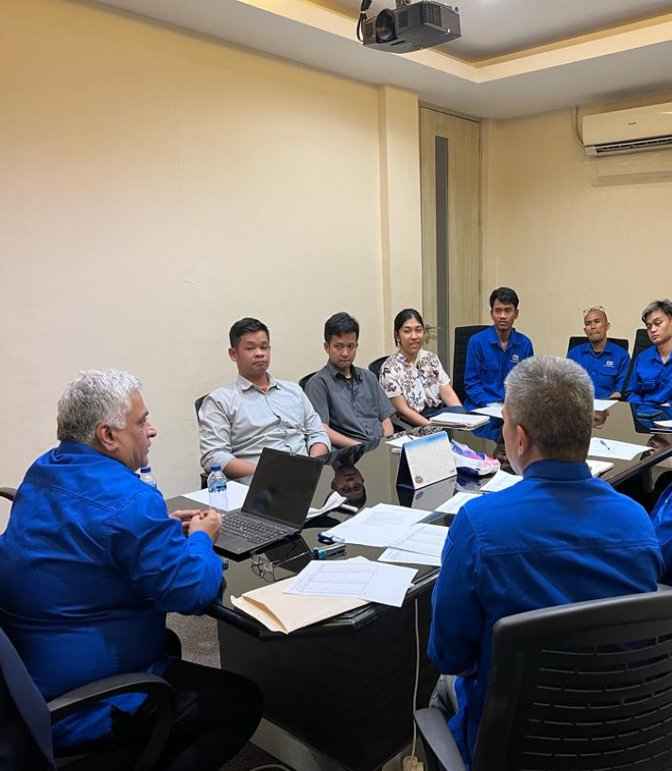An efficient pile design always comes from a deep understanding of the engineering properties in the site, pile, & any other complex changes that occur during the installation. This is precisely where SGES steps in
as a supreme pile monitoring & testing service provider. To date, we have helped many companies test the integrity & reliability of the deep foundation. Below is detailed information on the comprehensive capabilities
of pile testing that have been the core competencies of SGES for years.
Deep Foundation Testing
Assess foundational stability and site-specific engineering properties to optimize pile design and installation.
Post Concreting
Post-concreting pile testing refers to the evaluation of piles after the concrete has been poured and cured. This stage is critical in pile construction to ensure the structural integrity, load-bearing capacity, and proper installation of the pile foundation.
Thermal Integrity Profiling (TIP):
This test monitors the temperature of the concrete during the curing process. By tracking temperature variations in the pile, engineers can detect inconsistencies such as voids, poor bonding, or areas with insufficient concrete quality.
Crosshole Sonic Logging (CSL):
This non-destructive test uses sonic waves to assess the internal quality of the pile. The test identifies defects like cracks, voids, or soil intrusion within the concrete. It involves inserting sensors into tubes placed within the pile to measure the speed of sound traveling through the material.
Pile Integrity Testing (PIT):
PIT is a low-strain method used to evaluate the length and continuity of the pile. It detects anomalies, such as fractures or cavities, by sending low-strain signals through the pile and analyzing the response. It is typically used for quick, non-invasive testing.
High-Strain Dynamic Pile Testing (HSDT)
This involves applying a dynamic load to the pile and measuring the response to assess its load-bearing capacity. HSDT helps evaluate whether the pile meets the required design specifications and performs under the expected load. It is used for offshore piles, cast-in-situ piles, and other deep foundations.
Bi-Directional Static Load Test (BDSLT):
Conduct high-capacity load testing by applying bidirectional forces to assess pile strength with precision.
